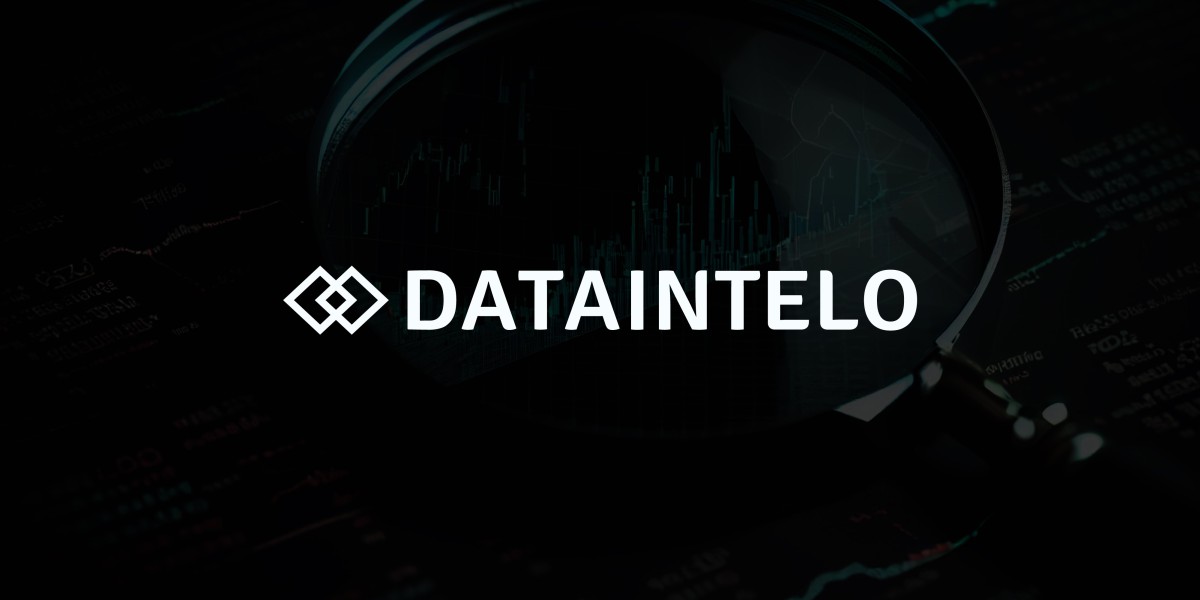The Static Synchronous Compensator STATCOM Market is witnessing significant growth, propelled by escalating demand for reliable power quality and grid stability. As electric power systems grow more dynamic due to renewable energy adoption, the role of STATCOMs has become critical in ensuring efficient reactive power control and voltage regulation in modern electrical networks.
STATCOMs are being rapidly adopted by utilities, transmission operators, and industrial sectors to address issues like voltage fluctuations, harmonics, and power factor correction. The global market outlook remains robust, supported by increasing government focus on smart grid initiatives and energy security.
➡️ https://dataintelo.com/request-sample/247154
Key Drivers Fueling Market Growth
Integration of Renewable Energy Sources
As solar and wind power expand globally, utilities face challenges of voltage stability and grid reliability. STATCOMs help address intermittent energy flow by providing rapid reactive power compensation.Aging Power Infrastructure
Upgrades to conventional grids necessitate advanced technologies like STATCOMs to boost capacity, improve power quality, and minimize transmission losses.Expanding Industrial Demand
Heavy industrial applications, such as manufacturing, steel, and chemical processing, are driving STATCOM deployment to maintain consistent voltage levels and prevent costly disruptions.
Restraints Limiting Adoption
High Initial Capital Investment
The deployment of STATCOM systems involves considerable upfront cost, including equipment, installation, and system integration, which may deter smaller utility companies and developing regions.Technical Complexity and Skilled Workforce Shortage
Operating and maintaining STATCOM infrastructure requires skilled personnel and advanced technical expertise, posing a barrier to widespread adoption in underdeveloped regions.Limited Awareness in Emerging Markets
Lack of education and policy incentives regarding the long-term benefits of STATCOM technology may hinder market penetration in some geographies.
➡️ https://dataintelo.com/report/global-static-synchronous-compensator-statcom-market
Emerging Opportunities
Smart Grid Deployment
Ongoing investments in smart grid projects globally open opportunities for integrating STATCOMs with digital control systems and automated substations.Growth in HVDC Transmission
High Voltage Direct Current systems, which enable long-distance power transmission, increasingly incorporate STATCOMs for real-time reactive power support and voltage control.Adoption in Data Centers and EV Infrastructure
The rise of high-load facilities like data centers and electric vehicle charging stations necessitates voltage stability, offering a promising avenue for STATCOM solutions.
Market Dynamics and Projections
The Static Synchronous Compensator STATCOM Market was valued at USD X billion in 2023 and is anticipated to reach USD Y billion by 2031, growing at a CAGR of Z%. This growth is fueled by government-led energy modernization programs, rising industrial automation, and increasing electrification in developing countries.
Core Market Dynamics:
Increasing grid complexity due to renewable integration
Rise in distributed energy resources (DERs)
Demand for fast-response voltage regulation systems
➡️ https://dataintelo.com/checkout/247154
Market Segmentation Overview
By Type:
Low Voltage STATCOM
Medium Voltage STATCOM
High Voltage STATCOM
By Component:
Power Electronics Devices
Harmonic Filters
Control Systems
Others
By Application:
Utilities
Renewable Energy Plants
Industrial Facilities
Railways & Transportation
By Region:
North America
Europe
Asia-Pacific
Latin America
Middle East & Africa
Regional Insights and Trends
Asia-Pacific dominates the global market, driven by substantial grid expansion in China, India, and Southeast Asia. Government investments in solar and wind projects are further catalyzing STATCOM installations.
North America benefits from widespread deployment across utility grids and wind farms, along with favorable federal clean energy mandates.
Europe sees strong demand due to cross-border grid connections, wind energy projects in the North Sea, and EU-wide grid code compliance regulations.
Middle East and Africa are emerging markets where urbanization and industrialization are fueling power infrastructure investments that include reactive power compensation technologies.
Innovation and Technological Evolution
Modular STATCOM Designs
Vendors are developing modular and scalable STATCOM systems that are easier to install and maintain, enabling cost-effective customization for various grid sizes.Advanced Control Algorithms
Integration of machine learning and real-time monitoring enhances performance accuracy and operational efficiency of STATCOMs.Hybrid STATCOM Systems
These combine the benefits of STATCOMs and SVCs (Static VAR Compensators), offering broader operational flexibility and reliability across dynamic grid conditions.
Challenges and Industry Outlook
Despite the optimistic growth trajectory, market participants face the following challenges:
Extended return-on-investment cycles
Complex regulatory and approval processes
Integration challenges in legacy grid systems
However, as decarbonization and grid modernization become global imperatives, STATCOMs will play a foundational role in building resilient, adaptive, and sustainable power infrastructure.
Conclusion
The Static Synchronous Compensator STATCOM Market is rapidly transforming the global energy landscape by providing essential solutions for modern power management. With the proliferation of variable energy sources, grid congestion, and digital energy management platforms, STATCOMs have emerged as a critical enabler of voltage stability and operational efficiency.
Dataintelo’s in-depth research report provides granular insights into market segmentation, technological developments, regional trends, and forward-looking projections. Stakeholders can leverage this intelligence to identify high-growth segments, navigate challenges, and align strategies with emerging opportunities.



